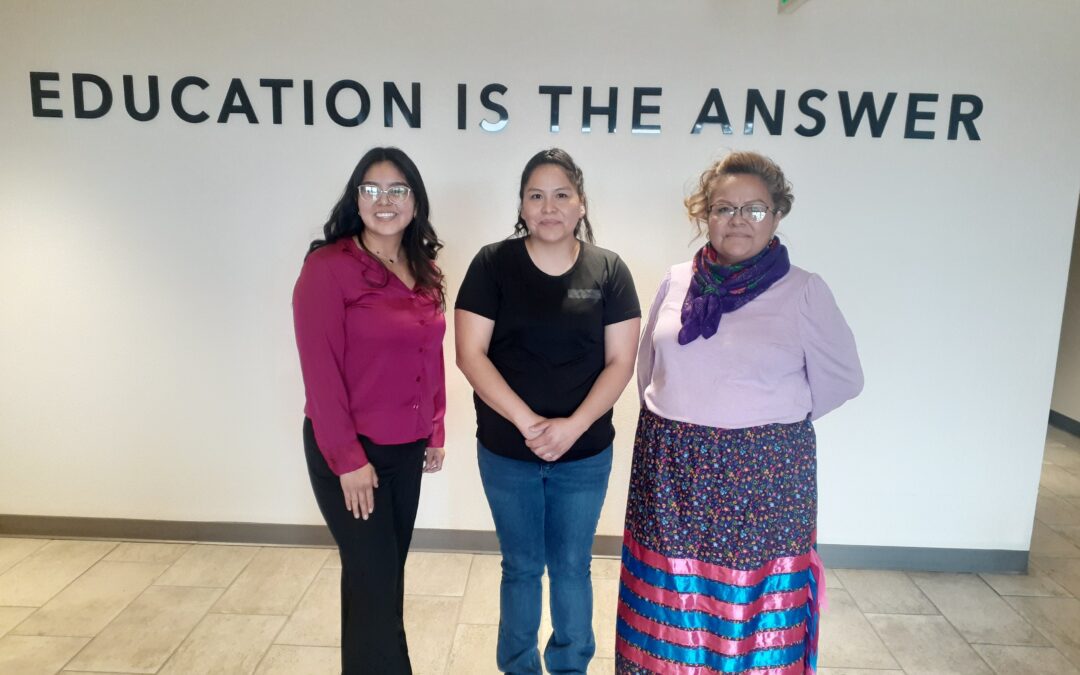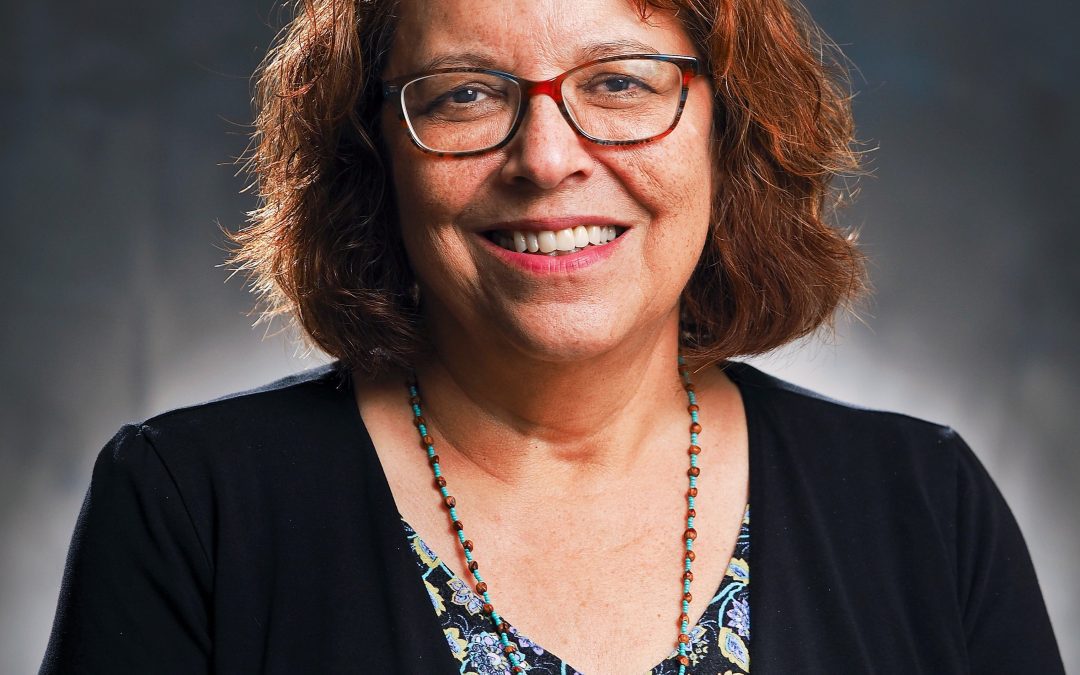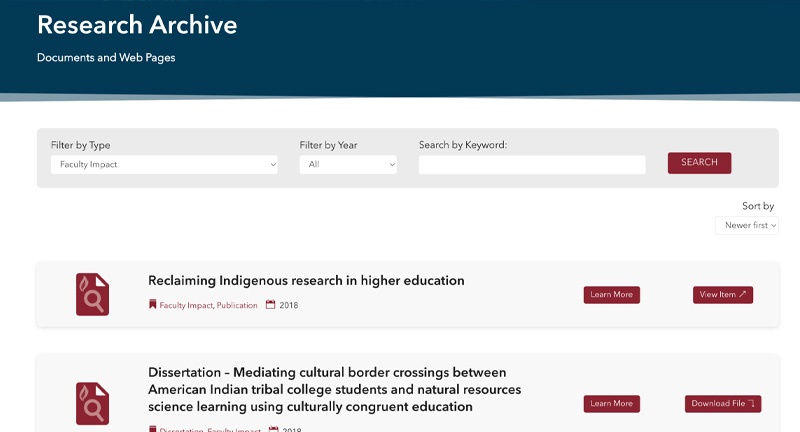Tucson schools are banning works by acclaimed Native American, Chicano and Latino authors. Shakespeare’s “The Tempest” and works by Henry David Thoreau also appear on the list, which includes:
• “Rethinking Columbus: The Next 500 Years,” a 20-year-old textbook which features an essay by Tucson author Leslie Marmon Silko, a recipient of a Native Writers’ Circle of the Americas Lifetime Achievement Award and a MacArthur Foundation genius grant.
• “We Have No Reason to Celebrate” by Suzan Shown Harjo
• “My Country, ‘Tis of Thy People You’re Dying” by Buffy Sainte-Marie
• “A Friend of the Indians” by Joseph Bruchac
• “A Barbie-Doll Pocahontas” by Cornel Pewewardy
• “The Delight Song of Tsoai-Talee” by N. Scott Momaday
• “Why I’m Not Thankful for Thanksgiving” by Michael Dorris
• “Ceremony” by Leslie Marmon Silko
• “Three Thousand Dollar Death Song” by Wendy Rose
• “To the Women of the World: Our Future, Our Responsibility” by Winona LaDuke
• “Ocean Power, Poems from the Desert” by O’odham poet and professor Ofelia Zepeda
• “The House on Mango Street” by Sandra Cisneros
• “Black Mesa Poems” by Jimmy Santiago
• “The Devil’s Highway” by L.A. Urreas
• Works by Henry David Thoreau
• The popular book “Like Water for Chocolate”
• Shakespeare’s play “The Tempest”
• “Pedagogy of the Oppressed” by famed Brazilian educator Paolo Freire
• “Occupied America: A History of Chicanos” by Rodolfo Acuña
• Any class units where race, ethnicity and oppression are central themes.
According to Roberto Rodriguez, professor at University of Arizona, whose work is also among the nation’s top Chicano and Latino authors on the Mexican American Studies reading list, banning books and the teaching of a discipline is draconian. Rodriguez says that according to Tom Horne, the former state schools’ superintendent who designed HB 2281, the book banning and banning of Mexican-American studies is part of a civilizational war after Horne determined that Mexican American Studies is not based on Greco-Roman knowledge and therefore lies outside of Western Civilization. Native culture and studies are also outside of the Greco-Roman tradition and Native authors’ works have been added to the list.
Please share your opinion with us: why are multicultural studies and Native literature and literature from many cultural perspectives important?










